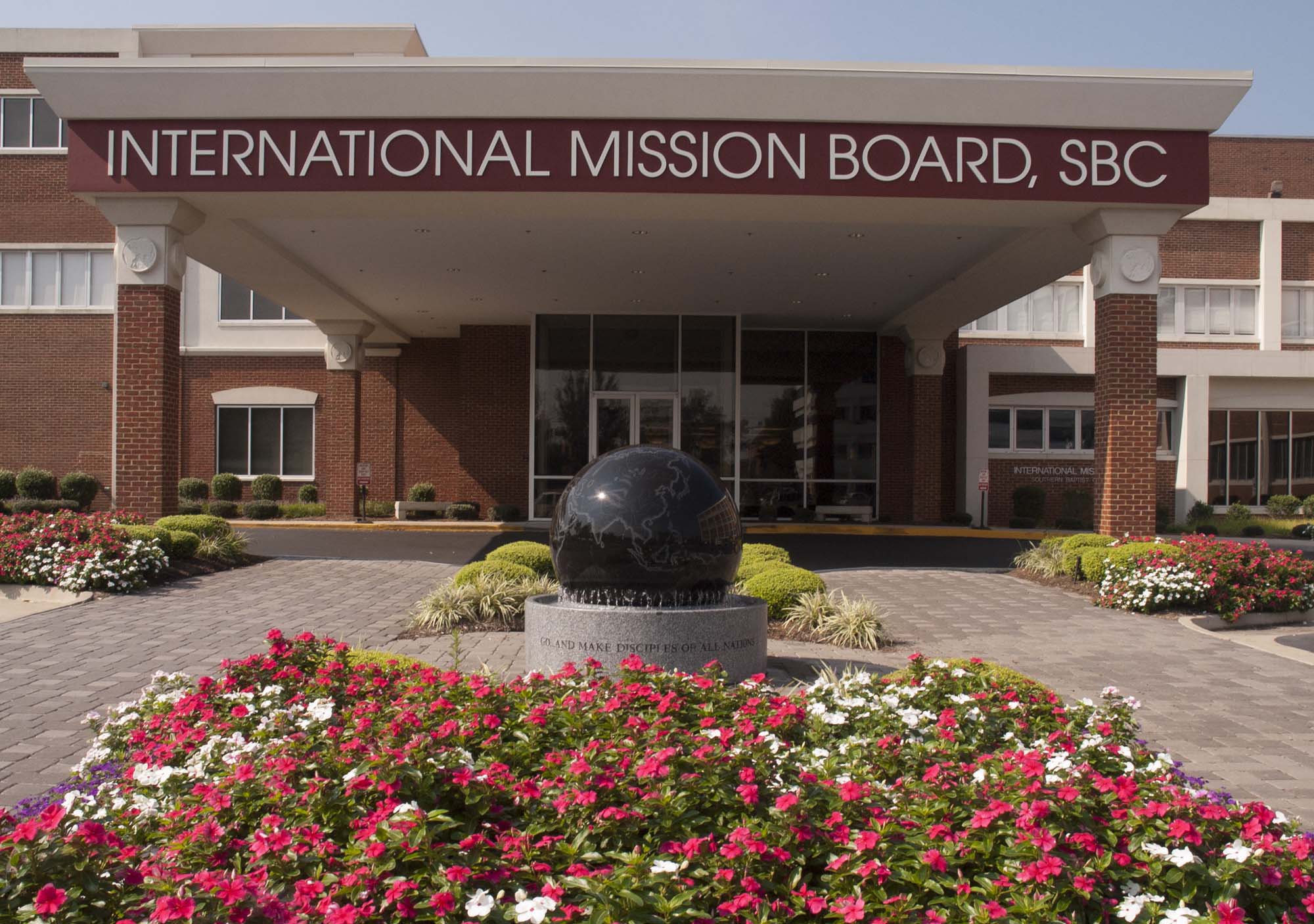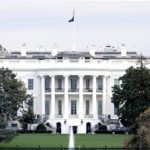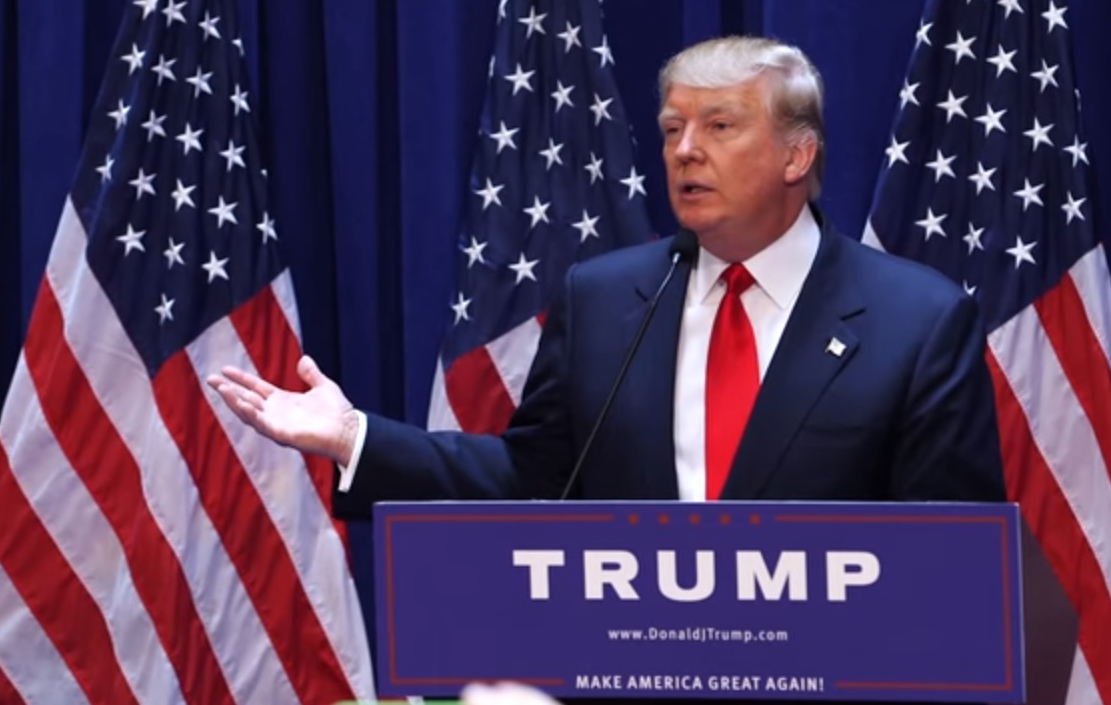
WASHINGTON (BP)–President Bush used his second full day in the White House Jan. 22 to reverse an abortion-funding policy reinstituted by President Clinton exactly eight years previously.
Bush issued an executive order restoring the ban on federal funds for organizations that perform or promote abortions in foreign countries. His action re-established the Mexico City policy, so named for the city where its inauguration by President Reagan was announced at a conference in 1984.
His action came on the 28th anniversary of Roe v. Wade, the Supreme Court opinion legalizing abortion nationwide, and on the eighth anniversary of five pro-abortion orders issued by Clinton. One of those rescinded the Mexico City policy.
Bush’s order restricts family planning funding only to those international organizations that perform or counsel for abortion, or lobby in order to liberalize the pro-life policies of foreign governments.
Pro-lifers cheered the action, while abortion advocates decried it.
“The president believes that we ought to be fostering a society where everyone is welcomed into life, and having our taxpayer money going to international organizations that are exterminating life is not an affirmation of life, so I applaud it,” said Richard Land, president of the Southern Baptist Ethics & Religious Liberty Commission. “He is not Bill Clinton. He is pro-life. He is the un-Clinton.”
Doug Johnson, legislative director of the National Right to Life Committee, praised Bush in a written statement “for ending an eight-year crusade by the Clinton-Gore administration to promote the killing of unborn children in developing nations. The Clinton administration’s pro-abortion crusade collided with the cultural and religious values of many developing nations and engendered much resentment towards the United States among the governments and peoples of those nations.”
Family Research Council President Ken Connor applauded the action, saying in a written release, “The first step towards ‘building a culture of life’ [an action Bush says he wants to accomplish] is to stop exporting the culture of death.”
Among critics of the order were Planned Parenthood Federation of America, the National Abortion Federation, Zero Population Growth and the Republican Coalition for Choice.
Bush’s plan to issue the order was announced by Sen. Sam Brownback, R.-Kan., to tens of thousands of pro-lifers gathered at the Washington Monument for the annual March for Life. Rep. Chris Smith, R.-N.J., read a message from the president to the marchers.
In the written statement addressed to the marchers, Bush thanked them for their message and work and said they “make our society more compassionate and welcoming.”
He said the promises of the Declaration of Independence are “for everyone — including unborn children.”
“We share a great goal: to work toward a day when every child is welcomed in life and protected in law,” Bush said. “We know this will not come easily or all at once. But the goal leads us onward: to build a culture of life, affirming that every person, at every stage and season of life, is created equal in God’s image.”
It was quite a change for the marchers, whose cause was thwarted for eight years by Clinton’s policies. On the first anniversary of Roe v. Wade after he took office, Clinton issued orders largely turning back the pro-life policies held by the administrations of Reagan and Bush’s father.
Among the other directives from Clinton on his second full day in office in 1993 were ones permitting abortions in military medical facilities overseas and opening the way for the abortion pill RU 486 to be imported into this country.
The executive order came after a week in which Bush’s wife and his nominee for attorney general made comments that disappointed pro-lifers.
During the contentious hearings on his nomination as attorney general, John Ashcroft, a staunch pro-lifer throughout his political career, told Senate Judiciary Committee members Jan. 17 he did not think it was Bush’s agenda “to seek to overturn [Roe v. Wade] nor would it be my position as attorney general,” according to The Washington Post. He also described the opinion as “settled law.”
In an interview with Fox News the next day, Bush said he would “not at all” rule out ordering the Justice Department to argue against the Roe decision, The Post reported. That would depend “on what the case is. I’m not going to be foolish about our arguments,” he said, according to The Post.
On Jan. 19, Laura Bush said, when questioned on NBC’s “The Today Show,” she did not think Roe should be reversed. Abortions should be reduced “by teaching abstinence, having abstinence classes everywhere — in schools, in churches, in Sunday school,” she said, The Post reported.
FRC’s Connor encouraged abortion opponents in a written statement to hold off on criticizing Bush and “give him a chance to act on his pledges.”
Pro-lifers did receive a hopeful signal from one Bush nominee. Tommy Thompson, the president’s choice as secretary of the Department of Health and Human Services, said in a hearing Jan. 19 he planned to review the Food and Drug Administration decision approving RU 486.
Meanwhile, pro-lifers in New York City are upset over Planned Parenthood ads promoting RU 486 in subway cars. The ads, which will run for a month, show a large white pill with the words, “The choice is now in your hand,” according to CNS News.
Though a Planned Parenthood spokesperson said the ads were paid for with private contributions, the Catholic League is questioning the source of the funds, CNS News reported.
“Planned Parenthood receives $200 million in taxpayer money from the government,” said the Catholic League’s Patrick Scully, according to CNS. “The Catholic League doesn’t receive a penny. If the Catholic League were to use taxpayer money to morally advocate the Catholic League position, there would be outrage.”
The Catholic League plans to call on its members to urge Congress to defund Planned Parenthood, according to CNS.
–30–



















